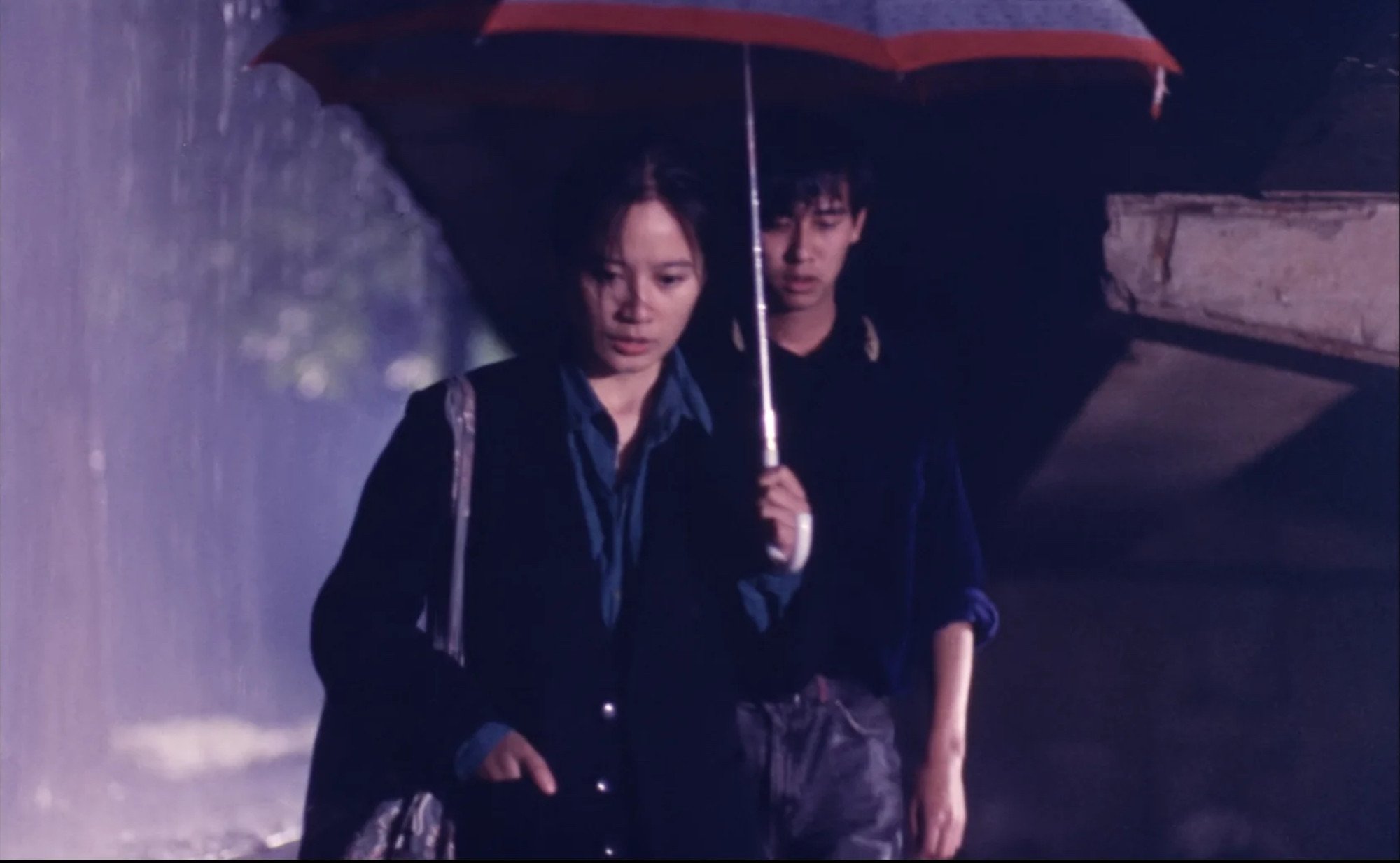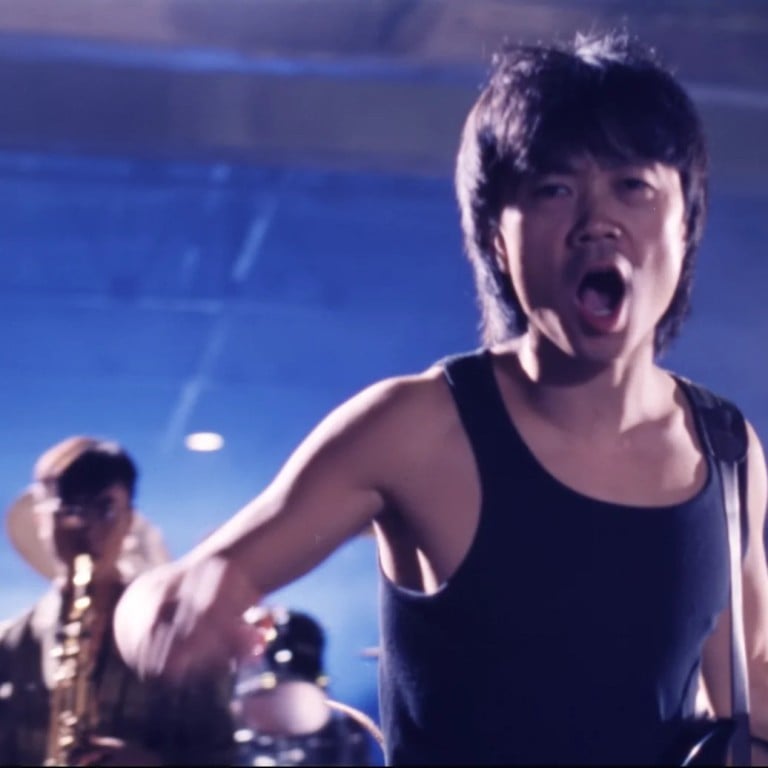
Update | Hong Kong movie industry body baffled by censors’ requirement for film’s screening: ‘How can you sell tickets for a film without disclosing its name?’
- Chinese director Zhang Yuan’s 1993 film Beijing Bastards, about disaffected youth in the Chinese capital, was screened by M+ museum as ‘A Film By Zhang Yuan’
- A source confirms screening was only allowed if the name was removed. Federation of Hong Kong Filmmakers spokesman ‘has never heard of a requirement like this’
The Federation of Hong Kong Filmmakers on Sunday expressed concern over the film censorship board’s requirement that M+ museum conceal the name of a landmark 1993 Chinese film before it could be screened.
“From the point of view of a regular filmgoer, one has to wonder, how can you sell tickets for a film without disclosing its name?” said federation spokesman Tenky Tin Kai-man, referring to the museum’s January 19 and February 18 screenings of Zhang Yuan’s groundbreaking film Beijing Bastards.
As the Post reported on Friday, a source confirmed that the museum in the West Kowloon Cultural District was only allowed to screen the film after it agreed to drop the title.
The screenings at the museum are part of a series called “Once Upon a Time in Beijing”.
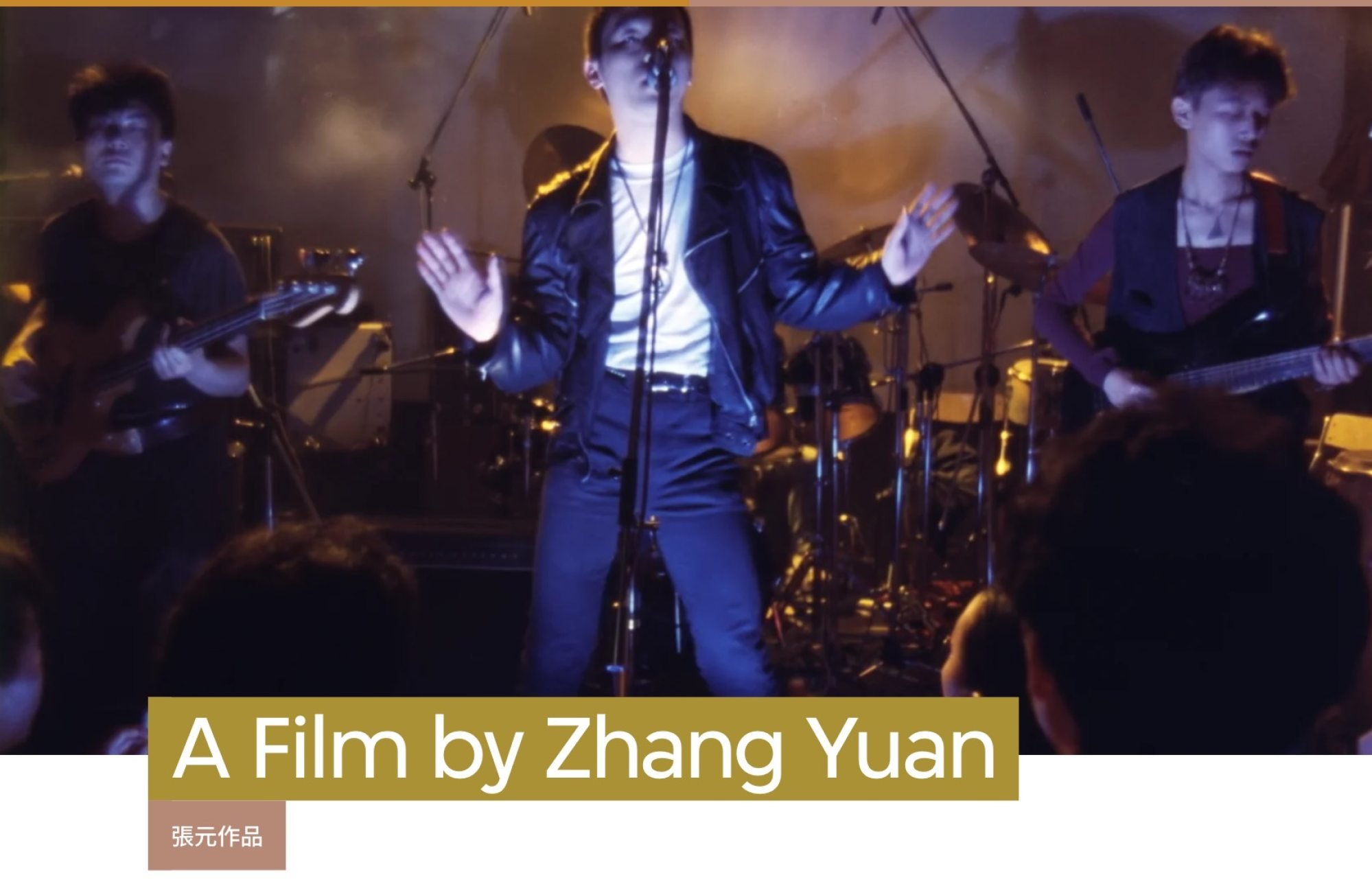
M+ said: “The film title was updated by filmmaker Zhang Yuan and [the] M+ curatorial team to highlight the filmmaker’s presence in ‘Once Upon a Time in Beijing’ in the M+ Cinema Winter Edition 2024.”
The film has never been publicly screened on the mainland, although as M+ points out it was not technically banned; rather, the film was never submitted to the China Film Bureau to obtain approval for a theatrical release.
References to Beijing Bastards under its original title can easily be found on mainland websites such as the popular film review website Douban and search engine Sohu.
On Friday, the director appeared in person at a post-screening sharing session. Asked to explain why the film had been called Beijing Bastards, he said the name was “suitably ruthless”.
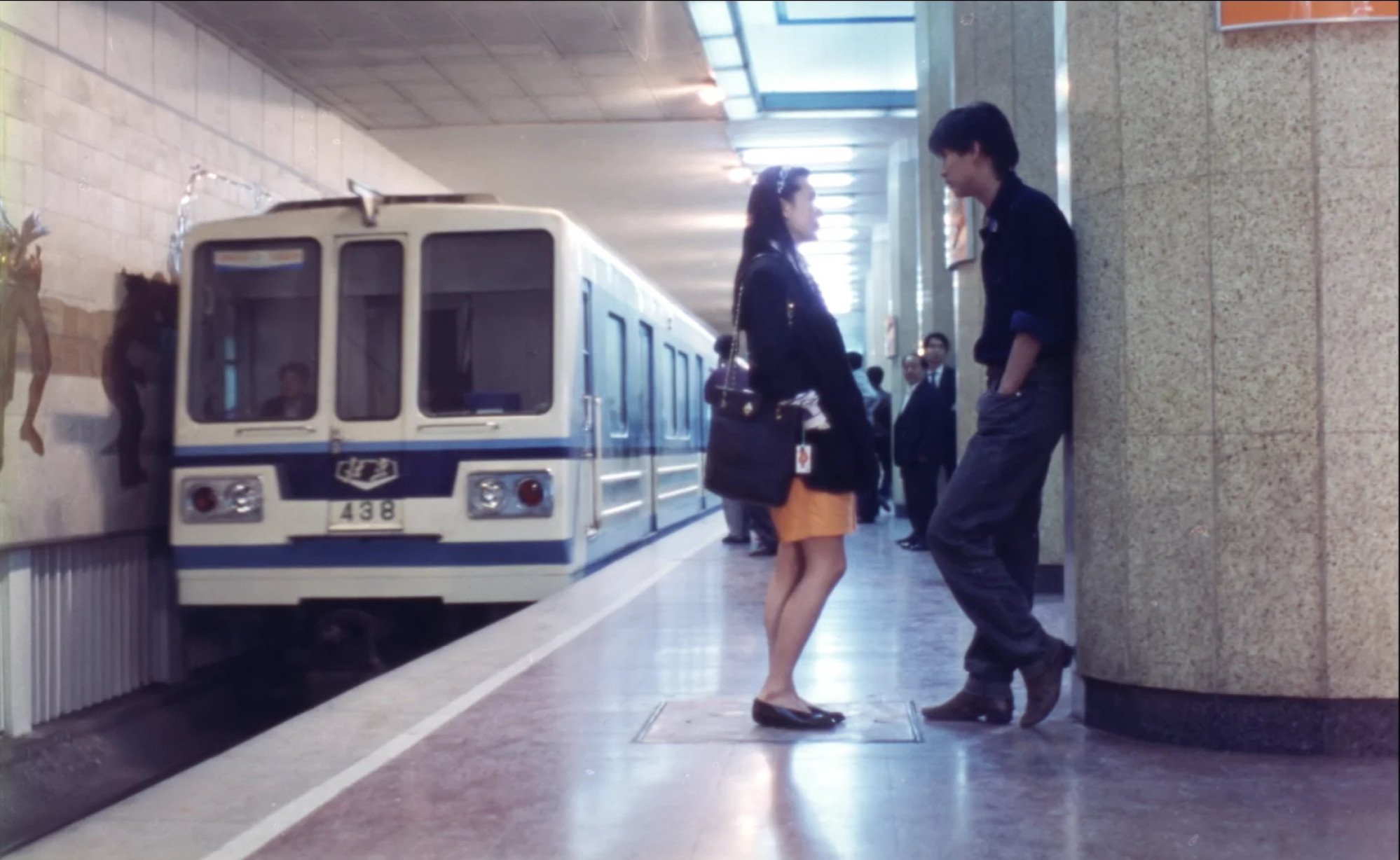
Based on Google data, as of December 31, 2023 the M+ website was still showing the title Beijing Bastards, which refers to those who did not fit in with mainstream values as China pursued the development of a market economy.
But shortly before the screening, the M+ website switched to calling the movie simply “A Film by Zhang Yuan”.
Tin said: “I have never heard of a requirement like this. If a film is banned, then the whole film is banned and not just the name. And how does this sit with the Trade Descriptions Ordinance?”
Hong Kong law requires approval for the screening of all films, regardless of whether they have been shown in public before, from the Office for Film, Newspaper and Article Administration. The Film Censorship Ordinance was amended in 2021 to include national security concerns as justification for censorship.
The Office for Film, Newspaper and Article Administration said it does not comment on individual cases.
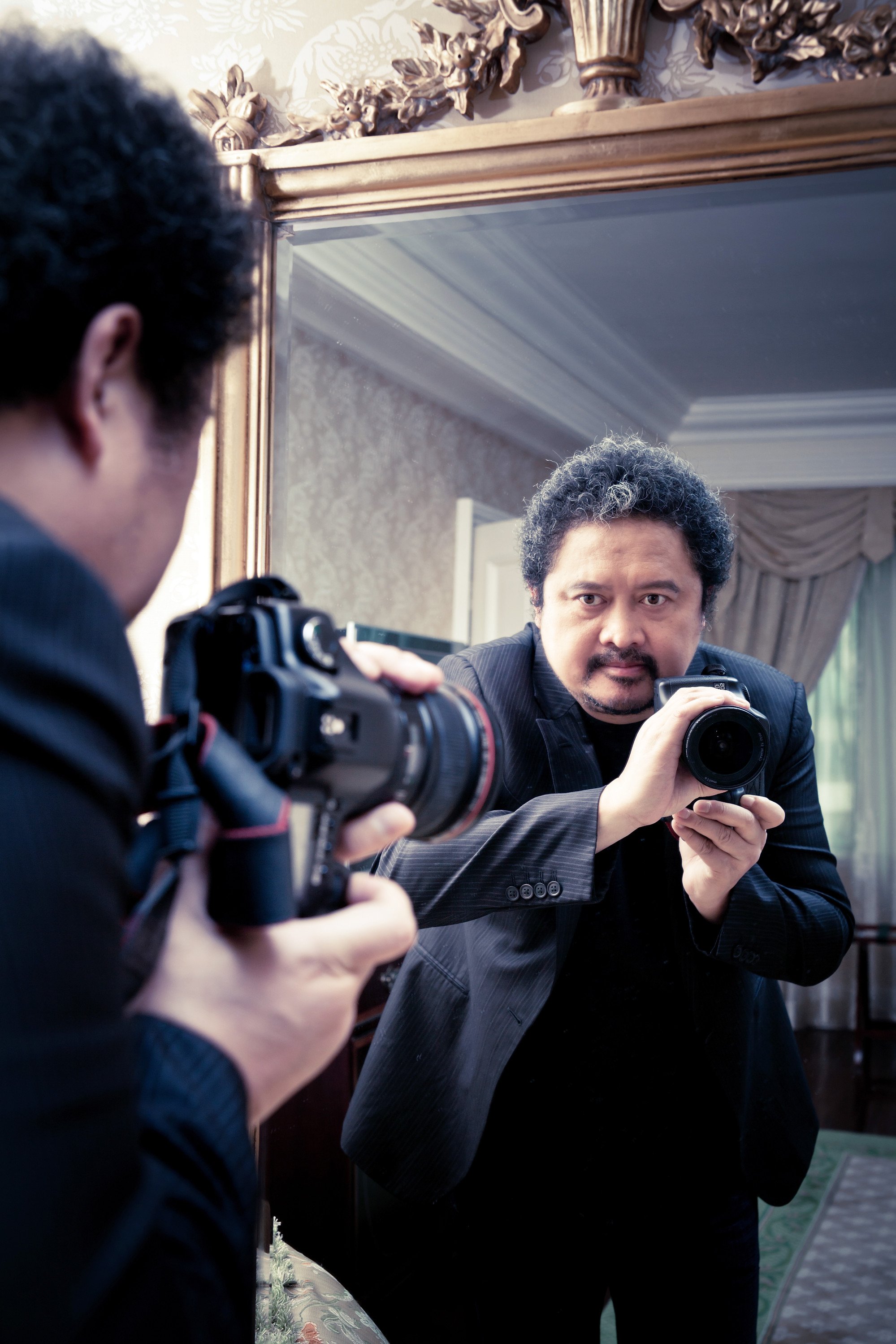
The opening sequence of Zhang’s film include the words “a beijing bastards group production” and its title, Beijing Bastards, in English and Chinese; the meaning and tone are the same in both languages. They were cut to allow for the screening and the museum received the director’s consent. The rest of the film was left intact.
A member of the audience said on Friday that she bought her ticket when the original title of the film was still visible on the website.
“I didn’t know they had dropped the name until a friend alerted me to it. It’s a bit bizarre,” she said.
Do not destroy Hong Kong’s reputation as a free and open city
Shot in documentary style and featuring Chinese rock star Cui Jian, the 88-minute film is a gritty portrayal of disenchanted youth in Beijing and of the capital city’s dynamic subculture. Hong Kong film legends Shu Kei and Christopher Doyle were co-producers.
The film helped cement Zhang’s reputation as a pioneer of China’s “sixth generation” of filmmakers.
It was hailed as one of the first independent films made in mainland China since the dawn of the People’s Republic of China in 1949.
